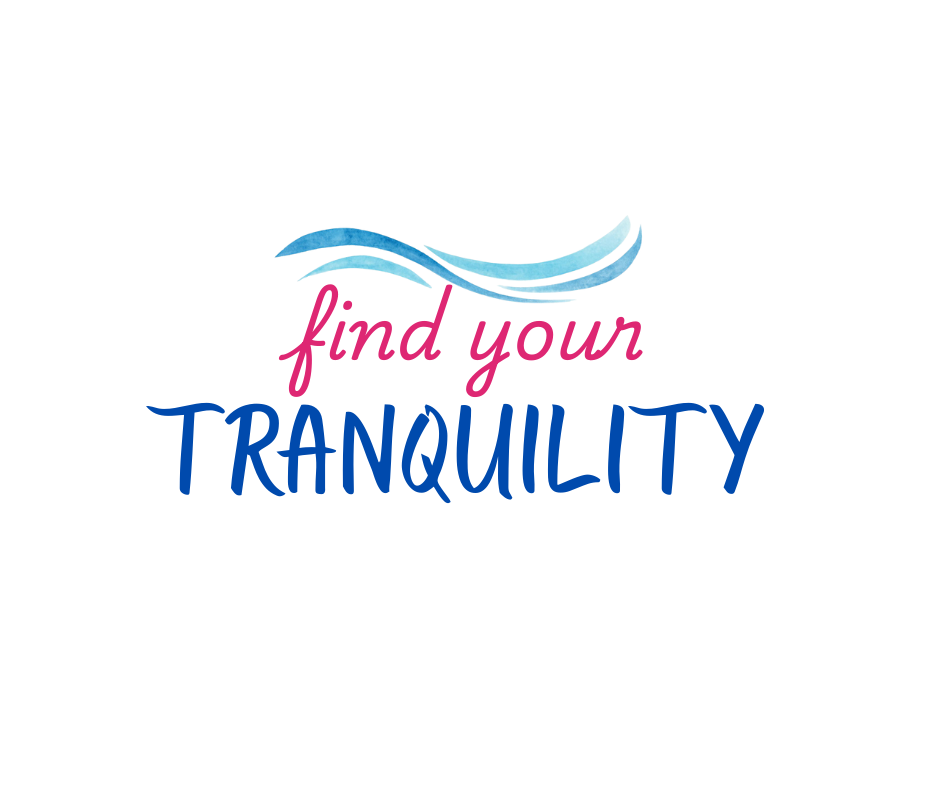Hot Flashes are the Least of My Problems: Understanding the Top Areas of Distress in Perimenopause
Hot Flashes are the Least of My Problems: Understanding the Top Areas of Distress in Perimenopause

If hot flashes are temporarily uncomfortable and perhaps embarrassing, I want to share with you other areas of distress that women experience in Perimenopause that impact your whole life - emotionally, physically, in your relationships, family time and work.
As a licensed therapist and certified health coach, I’ve worked with countless women who say the same thing: “It’s not just the hot flashes. It’s everything else that’s falling apart.” Let’s talk about the real challenges that disrupt our lives during perimenopause—and why understanding the top areas of distress in Perimenopause matters.
Sleep Disturbances: The Nighttime Thief
One client described it as “feeling jet-lagged every day without ever leaving home.”
You’re exhausted, but you can’t sleep. Or you fall asleep only to wake up at 3 a.m. with your mind racing. Sound familiar?
Hormonal shifts—especially declining progesterone—can wreak havoc on sleep. And poor sleep isn’t just annoying; it affects everything from mood to memory to immune function.
Without a good night's sleep, you will have poor energy, be overly reactive to frustrating moments and lose focus easily.
Let's take a Mindful Moment and pay attention to SLEEP
- Is it every night that you get poor sleep? Or only certain nights?
- What leads to a bad night's sleep for you?
- Are you tracking your sleep? Number of hours.
- How many times did you wake up last night? How long did it take you to fall asleep?

Anxiety and Worry: The Unexpected Companion
A woman who had never struggled with anxiety suddenly found herself avoiding social events, worried she’d have a panic attack.
Many women are blindsided by a surge in anxiety during perimenopause. You might feel more irritable, overwhelmed, or panicked—sometimes without a clear reason.
This isn’t “just stress.” Estrogen plays a role in regulating serotonin and other mood-related neurotransmitters. When it fluctuates, so does your emotional stability.
Some common emotional and mental signs of anxiety are:
- Excessive worry and feelings of dread
- Restless and feeling "on edge"
- Irritability
- Difficulty concentrating
- Perfectionism
- Fear of losing control
- Avoidance
Physical signs of anxiety can range from:
- Increased heart rate
- Rapid breathing
- Muscle tension
- Sleep disturbances from racing thoughts
- Digestive issues
- Fatigue
- Headaches
Let's take a Mindful Moment and pay attention to ANXIETY
- Do you recognize the onset of physical signs of anxiety?
- What signs of anxiety are you noticing?
- What emotional signs of Anxiety do you notice today?
- Is your anxiety high, medium or low today?
Mood Instability: The Emotional Rollercoaster
A client told me, “I don’t recognize myself anymore. I feel like I’m constantly apologizing.”
Mood swings can feel like emotional whiplash. One moment you’re fine, the next you’re crying over a commercial or snapping at your partner.
This isn’t weakness—it’s biology. But it’s also deeply disruptive to relationships and self-esteem.
I'm not a fan of rollercoasters. My fear of heights gets in the way of me enjoying the thrilling highs and lows of the ride! Some women describe their mood this way, as laughing at a coworker’s story of a toddler's artistic work on the back of the couch at 10am and at 5pm you can't stop yelling at your 12-year-old for talking back. Happiness, contentment, aggravation and overwhelm are all turns on that awful rollercoaster ride.
"Stop the world, I wanna get off!” is one of my favorite sayings.
Let's take a Mindful Moment and pay attention to MOOD
- How would you describe your mood today?
- Is your mindset more negative or positive today?
- Do you notice any drops in mood today?
- Any crying? Any depressed mood?
- Do you feel powerless?

Fatigue and Inconsistent Energy: The Invisible Drain
One woman said, “I used to run marathons. Now I’m wiped out walking up the stairs.”
You wake up tired. You push through the day. You crash by 3 p.m. And then you can’t sleep again.
This kind of fatigue isn’t solved by a nap or a cup of coffee. It’s systemic, often tied to adrenal stress, poor sleep, and nutritional gaps.
Here is another area of distress in Perimenopause that we tend to push on and keep marching, even though your body is screaming, “Please rest!”
There are people and circumstances that are energy zappers. Spending time with a negative person or staying up too late watching your TV show are ways that some women reported as draining their battery and having no energy the next day.
Let's take a Mindful Moment and pay attention to ENERGY
- Think of a day this week when you were dragging, can you put your finger on what drained your battery?
- Are you tracking your energy levels?
- If you used the number scale of 1-10, low to high energy, how would you rate yourself today? What number do you wish to be at?

Irritability: The Short Fuse
A client shared, “I feel like I’m snapping at everyone I love—and I hate it.”
You’re not “just cranky.” Irritability during perimenopause can feel like a constant simmer, ready to boil over at the smallest provocation.
It’s often misunderstood, but it’s a valid emotional response to hormonal chaos, sleep deprivation, and overstimulation.
This is why irritability makes my list of top distressing areas besides hot flashes, because being harsh towards others in our voice or actions has a terrible ripple effect. Often, when the irritability passes, we feel like we owe a list of people an apology!
Let's take a Mindful Moment and pay attention to IRRITABILITY
- How do you know you are climbing from frustration to anger to rage?
- Do you feel hotter, red in the face, your muscle tensing up, your urgency to speak or your senses heightened?
- What are you noticing as your triggers?
- What is a sign that you are increasing from frustration to anger? From anger to rage?
- What was an irritability trigger you had this morning? This afternoon? This evening?
- Are there certain days of your cycle that you are more reactive?
Brain Fog and Poor Focus: The Mental Muddle
A woman in a leadership role told me, “I used to be sharp. Now I second-guess everything I say.”
You walk into a room and forget why. You reread the same paragraph three times. You lose your train of thought mid-sentence.
This cognitive fog is one of the most distressing symptoms for high-functioning women. It can feel like you’re losing your edge.
The other day there was an early morning fog. As I drove, I slowly crept, barely being able to see 5 feet in front of my Jeep. I could not make out the street signs and I was really hoping there were no turtles crossing the road! Does your mind feel like that? The usually clarity and decision making is blurred? Some thoughts are just blank!
Let's take a Mindful Moment and pay attention to BRAIN FOG
- What times of the day is your brain fog worse? Certain settings?
- What do you write down to help you stay on track?
- Do you give yourself grace when you forget something or do you feel you “should” remember everything?

Why This Matters
These symptoms aren’t “just part of aging.” They’re signs that your body is transitioning—and that you deserve support, understanding and tools to navigate it.
If you’re experiencing these challenges, you’re not alone. And you’re not broken. You’re in a powerful, transformative phase of life—and with the right guidance, you can move through it with strength and clarity.
I’m not saying hot flashes are not uncomfortable, yet these other symptoms have a ripple effect into all areas of our lives!
Start with the Mindfulness Moment questions and begin exploring what is currently happening. This will help you to gain awareness and start a plan for what can improve in all of the top areas of distress in Perimenopause.
You've got this!

Kathryn D. Gardner, LMHC, LCPC, PMH-C, CHC
Licensed Therapist in IL and FL
Certified Health Coach
Mom and Wife
Christian Catholic
Tampa, FL
Kathryn Gardner and Shayla Parker are licensed therapists that specialize in a holistic approach to anxiety and stress management. They provide top quality Individual counseling in Florida and Illinois, via Telehealth and in-person in Tampa, FL. You can feel stress relief and find your tranquility! Call or email today. www.FindYourTranquility.com
Find Your Tranquility shares information, not to replace medical advice, diagnosis or treatment. Please speak with your provider to learn more about your health and wellness.
Blog posts may utilize openAI tools (2025).
Stay In Touch











